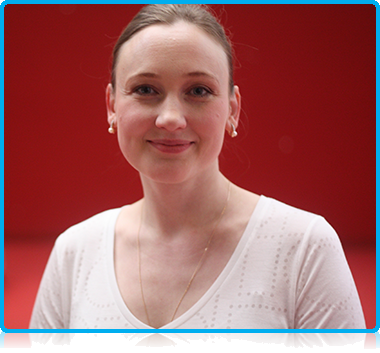Understanding the Russian Mindset in Choosing a University
"What would trigger Russian students to study abroad, particularly in the Netherlands?"
 This question was explored by Russian expert, Nadia Sintotskaya, who gave a guest lecture at WUAS this week on “the Russian psyche”.
This question was explored by Russian expert, Nadia Sintotskaya, who gave a guest lecture at WUAS this week on “the Russian psyche”.
“Russia is a country in transition – it is hard to predict what will happen next week, next year,” Sintotskaya warned, referring to the international storm the country is weathering due its tumultuous relationship with the West and its involvement in the Ukraine.
According to her Russians who can afford to send their children to study abroad are very particular in ensuring that they receive a good education and will be very careful in selecting countries.
Wittenborg News reported last week that the depreciation of the ruble means many Russians are abandoning traditional choices like the UK and Switzerland as study destinations and are looking for cheaper alternatives like the Netherlands which still offers a high quality education at a better price and have English-taught programmes.
In a city like Moscow universities will easily charge students €10 000 or more per year, Sintotskaya said. She advised institutes like Wittenborg who wants to attract Russian students to recruit in “big cities, where there is a better chance of potential students being able to speaking English”.
She also warned institutes not only to rely on education fairs, but also invest in media campaigns. “Especially social media, though students will not appreciate it if they get spammed with lots of material,” Sintotskaya said. According to her the distinction made in the Netherlands between research universities and universities of applied science is a foreign concept to Russians.
“About 54% of the Russian labour force has attained tertiary education of some sort (World Bank, 2008). Completing a Bachelor of Arts or a Bachelor of Science degree is seen as an unfinished education. Men receive temporary exemption from military service if they got to university.”
According to Sintotskaya Russian parents are concerned about the content and quality of programmes in choosing an institute of higher education as well as safety aspects, costs and scholarships, and the career prospects of their children after attaining a degree. “Russian students generally perform well once they’ve adjusted and they have perseverance.”
Sintotskaya was born in St. Petersburg but has already lived and worked in the Netherlands for 11 years. Earlier this year she was part of a Nuffic delegation to Russia to recruit students for Dutch universities. She is currently teaching at Avans Hogeschool in the Netherlands.
by Anesca Smith
WUP 16/4/2015